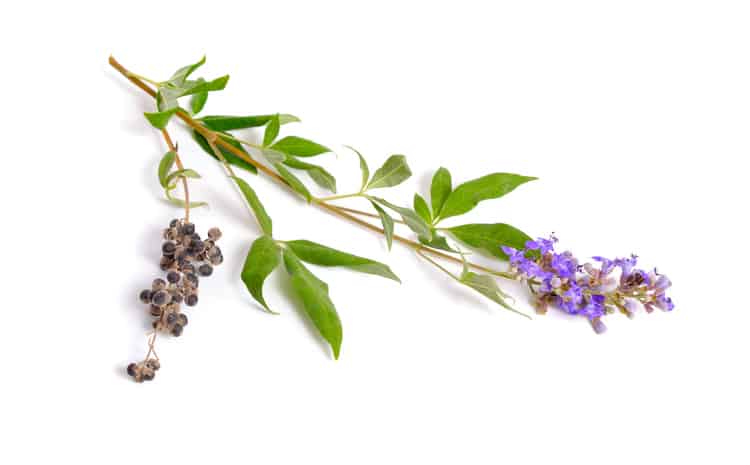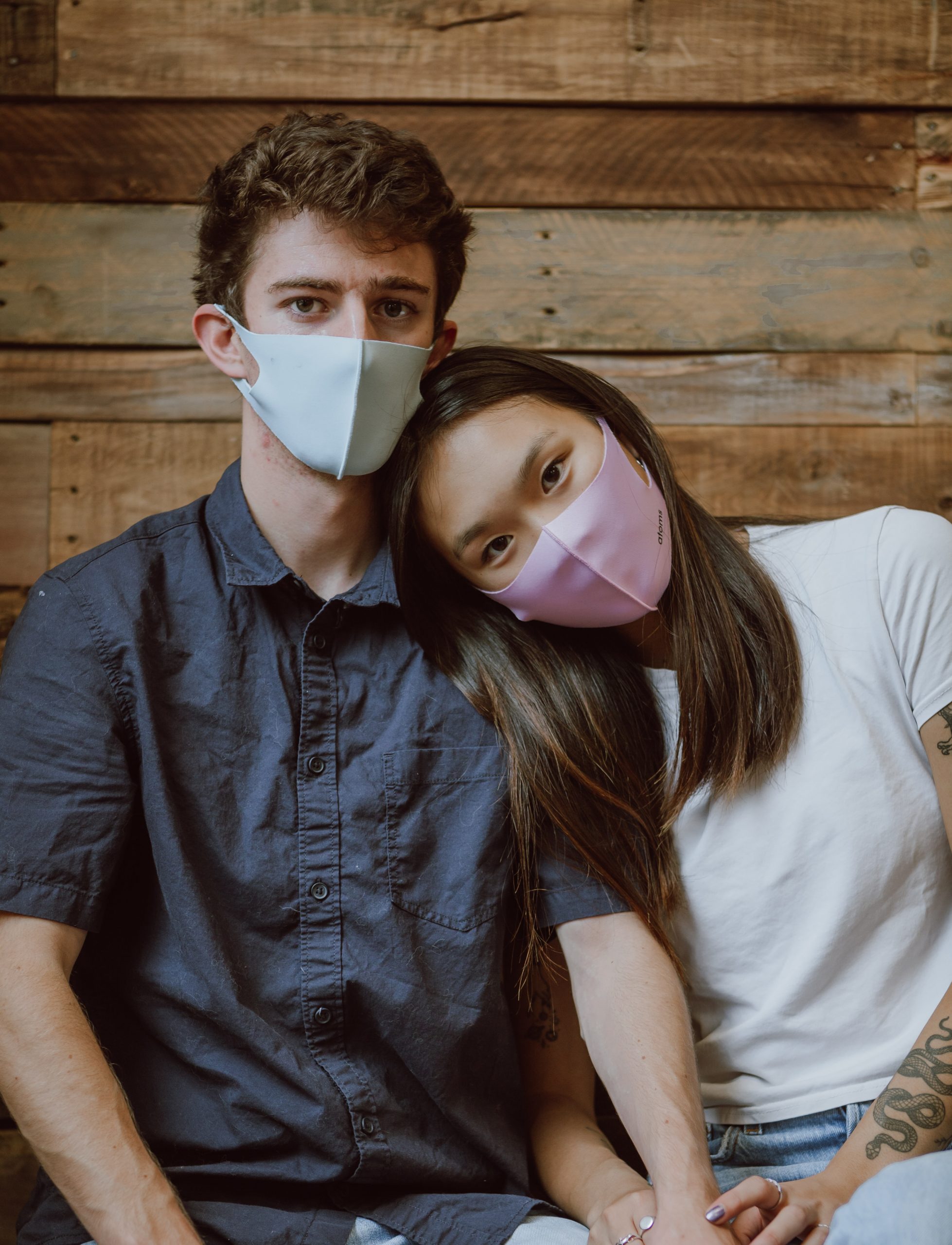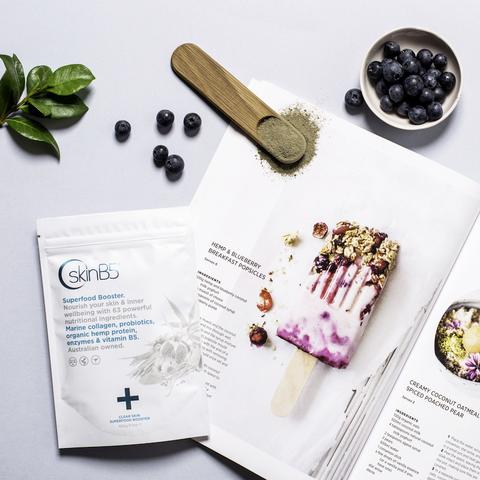There are so many herbs that can help with the treatment of acne, and each one works in a truly unique way. Knowing the function of each herb helps with understanding how it can assist with your skin and give you more confidence in the product you’re using.
Vitex agnus-castus and Nettle are two common herbs used to assist with acne, treating hormonal imbalances and providing anti-inflammatory and nutritional support.
Vitex
Also known as Chasteberry or Chaste Tree, Vitex is renowned for its ability to balance hormones, especially progesterone. Many women would know Vitex for its ability to help reduce PMS and other irregularities with the menstrual cycle.
What’s less recognised is Vitex’s ability to support the skin as an acne treatment. Not just limited to premenstrual acne, this herb can aid in keeping testosterone in check, which, over the course of time, can be hugely beneficial for both males and females experiencing hormonal acne.
The advantage of taking Vitex in low doses is that it doesn’t interfere hugely with male hormone function. Rather, it helps to gently balance excessive testosterone levels; a common feature of male acne. Vitex is also known to help with prostate disease and osteoporosis, proving that this traditional “women’s herb” can be equally as beneficial for men.
It’s important to note that Vitex isn’t recommended during pregnancy, and so hormonal acne related to this is best treated with nutrition such as vitamin B5 and zinc.
Nettle
Nettle is acclaimed as an anti-inflammatory herb, surprising for a plant which is known for its sting should you happen to brush against it. It has a long history of being used for skin conditions such as eczema and other rashes, which is one of the reasons it’s a recommended herb for acne as well.
Rich in iron and vitamin A, this nutritious green powerhouse is traditionally used for stemming haemorrhage and as a diuretic. Its high mineral status means it’s also considered a “blood builder”, and as a nutritive herb it’s great for providing extra nourishment – especially for those who don’t eat enough greens!
Once upon a time, nettle was used topically to treat arthritis. Old texts talk of lashings of nettle against the skin, which is enough to make one cringe at just the thought of it. Funnily enough, boiling nettle breaks down those irritating hairs on the leaves, making it safe to both consume and use as a poultice treatment.
Like Vitex, nettle isn’t recommended for pregnancy due to its hormonal effects. However, it’s quite safe otherwise – provided you avoid the fresh leaves on bare skin.
Nettle is one of the nutrient-rich ingredients in our potent acne-clearing formula, and combined with Vitex, B vitamins and key minerals it can help to reduce acne and provide a broad range of whole food nutrition.
Mem Davis is a naturopath, writer, and food lover. She loves feeling healthy and strong, and is a proud vegan nutrition advocate. In her spare time she goes hiking, attends live music events and hangs out with her cuddly cat.
Sources
Braun, L., & Cohen, M. (2005). Herbs & natural supplements (1st ed., pp. 437-440). Sydney: Elsevier Mosby.
Mills, S., & Bone, K. (2006). Principals and Practice of Phytotherapy (1st ed.). China: Churchill Livingstone.








Leave A Comment